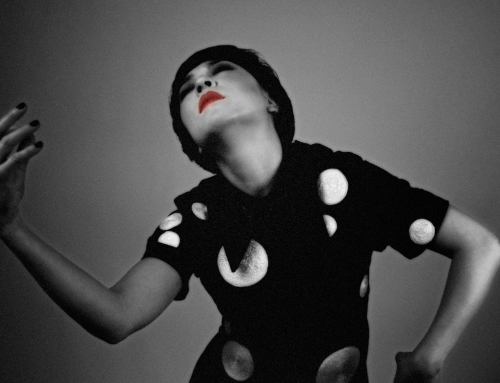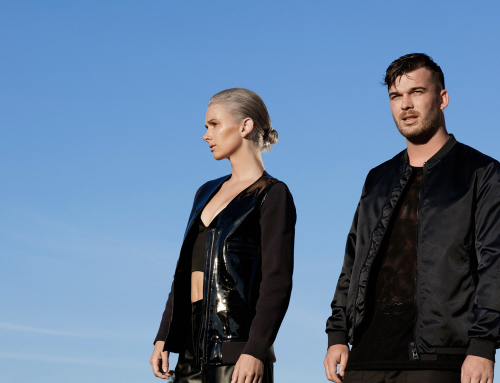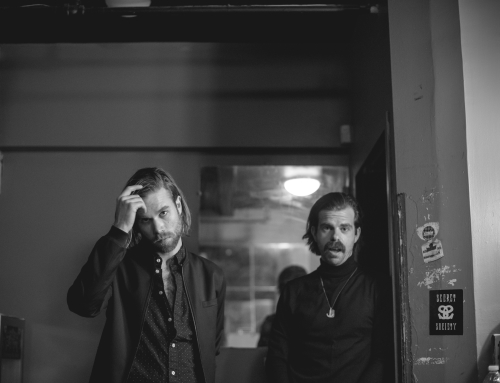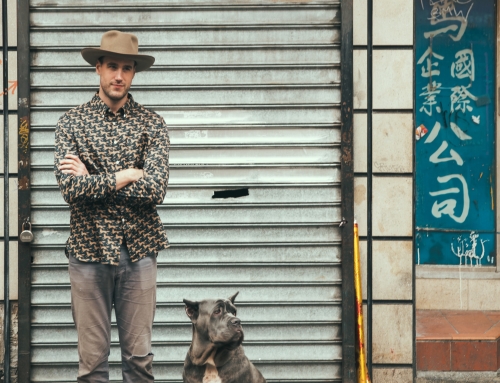Ra Ra Riot is the perfect label for a group of musicians whose orchestral sound might as easily inspire a dance party in the streets as it could provide a backdrop to a great Hollywood war, flood or other dramatic effect. A rising crescendo is created through their unique blend of rock and classical instrumentation, providing fans with a non-stop barrage of sound. They say a whole is only as great as the sum of its parts, and Ra Ra Riot’s live shows prove this to be true. While cellist Alexandra Lawn and violinist Rebecca Zeller are classically trained musicians, the rest of the band brings a variety of backgrounds that meld to create an extraordinarily complex musical experience. The most impressive aspect of this group of six is that they take on challenge of writing as a group, marrying the multitude of perspectives that inform each member’s musical sensibility. Vocalist Wes Miles met up with FILLER during their second Toronto visit since the release of Orchards, filling us in on what they are up to now, the festival scene, and the challenges and triumphs of writing original material.

What have you guys been up to since your last visit to Toronto?
We have been doing a fair amount of touring, we went to Japan twice, and did a couple of small US stints and we did a short tour in Western Canada after the record came out. The summer was pretty easy; we are doing this and then another tour in the US.
Have you been spending time in the studio? Can fans expect something new anytime soon?
We will probably start working on our next record this winter after our US tour.
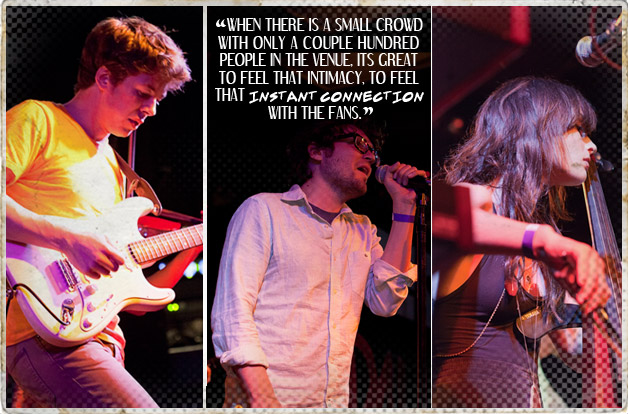
Will it be a similar sound, or are you going to go for something different?
We will have to see where it takes us. We don’t know exactly yet what everything is going to turn out like, but we are definitely not trying to make the same record again.
On another note, you guys played at a ton of festivals this summer. I have always wondered, what is it like from the artist’s perspective?
It’s usually a lot of fun. You get to see a lot of bands in one setting. Generally it’s a really communal feeling. We played Rifflandia, which was a pretty small one two weeks ago, so that was a great time. We played with Broken Social Scene and they were awesome.
Is there an artist that you have shared a bill or stage with that stands out in your mind?
This new band Givers, we just toured with them in the spring, and they are a great live band, one of the best. Their record just came out and sounds really amazing, so that is exciting.
So do you prefer touring clubs with one or two other bands, or is the festival experience more exciting for you?
It’s always good to switch up, you know, get different types of experiences when you are playing. We only have so many songs that we play, and we switch them out and try and keep things interesting, but its also playing in different places that makes it more fun. So you know when there is a small crowd like it will be tonight, with only a couple hundred people in the venue, its great to feel that intimacy, to feel that instant connection with the fans. But festivals are fun too, because you feel like you have to win over people.
Your sound is unique and fresh, how do you differentiate from the new wave of indie artists with similar instrumentation and string sections?
Well there are a lot of us in the band so, it you know, we all have different interests and we try and get in touch with each one of those things. There are a lot of different ways that we write songs, so that helps to make a diverse sounding record, or a diverse set of sounds, and that is probably one of the main reasons.
Can you talk about the writing process? Is it a group effort?
A lot of it is written together. It’s a range, so there are a few songs that are just written by one or two of us, but everyone in the band contributes, and everyone peels stuff back. We all talk about things. Songs can be written really simply, by one person, but a lot of times it’s a big group effort.
Do you all contribute eventually, on every song?
It’s hard to say, all of the songs take a different path. They might start with a guitar riff, and then put violin on that and see where it goes. Add some keyboards. Sort of a bottom up approach… start with a riff, add a beat and go from there. Or sometimes I would come in with chords and a melody and then we would sort of go top down approach.
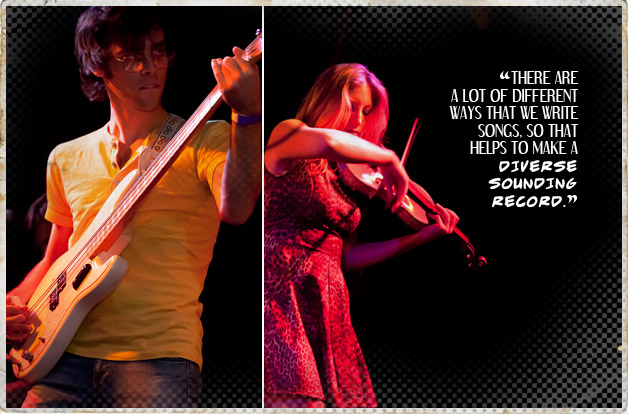
What’s your musical background?
The first instrument I ever got was a drum set in 5th grade, but there was a piano that my parents had so I played that when iw as really young. I have been a saxophone player for a really long time, and in high school I did a lot of recording in my basement. I spent many years in concert band and marching band in high school. There is lot of music in my family and a lot of music in my background.
Your group seems to come from very different places, musically speaking. How does that play into your sound?
The girls both were studying classical music and technique, obviously the cello and violin aren’t just instruments you pick up and learn most of the time anyways. So that is one dimension of our music. But also matt our bass player is a complete self-taught musician, so that you know the whole range also helps writing music and getting in touch with different aspects of the show.








